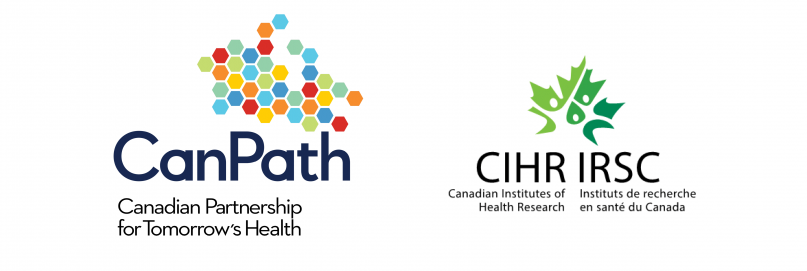The SUPPORT-Canada initiative will capture data and biospecimens in order to identify factors contributing to COVID-19 susceptibility, severity and outcomes.
CanPath (the Canadian Partnership for Tomorrow’s Health), co-led by OICR Investigator Dr. Philip Awadalla, has been awarded a $2.1 million grant from the Canadian Institutes of Health Research (CIHR) through their COVID-19 Rapid Research Funding competition. The initiative, titled SUrveying Prospective Population cOhorts for COVID-19 pRevalence and ouTcomes in Canada (SUPPORT-Canada),aims to capture data and biospecimens to enable population-level surveillance. SUPPORT-Canada will enable researchers and clinicians to find factors contributing to COVID-19 susceptibility, severity and outcomes, thus identifying factors predisposing individuals or communities across Canada to a high risk of infection.
“The integration of clinical programs with our broader existing population cohort infrastructure creates the opportunity to rapidly assess patterns across Canada, while discovering and tracking critical biological and environmental determinants of disease susceptibility and severity for COVID-19,” says Awadalla, who is the lead Principal Investigator for the SUPPORT-Canada Initiative and National Scientific Director of CanPath.
SUPPORT-Canada will be built out from CanPath, Canada’s largest population cohort, in partnership with the University Health Network (UHN), along with support from numerous research platforms, industry collaborators and service providers. This collaborative effort has been designed to integrate with national and global research efforts, including the COVID-19 Host Genetics Initiative, to support clinical, immunological and genetic studies of COVID-19.
SUPPORT-Canada aims to collect data to inform public health responses, boost capacity for testing research and development, and understand the role of genetics and the environment play in an individual’s response to the disease.
Preliminary evidence indicates that increased air pollution is both a risk factor for COVID-19 and associated with increased disease virulence, while other features of the built environment, such as green space and neighbourhood walkability, are thought to be risk factors.
“Surveying our large number of engaged participants across the country powers us to determine specific genetic and environmental interactions that together may be used to identify hotspots of risk across Canada”, says Awadalla.
CanPath launched a survey in April that captures not only COVID-19 testing information, but also symptoms, clinical history, and asks participants how the pandemic has affected their mental health.
The SUPPORT-Canada research team includes co-investigators from all of CanPath’s regional cohorts, including as experts in immunology, genomics and biobanking from the Ontario Institute for Cancer Research, University Hospital Network and Mount Sinai Hospital. OICR-supported co-investigators include Drs. Sagi Abelson, John Dick, Jared Simpson, Victoria Kirsh and Brad Wouters.

The CIHR grant will be awarded through the Ontario Institute for Cancer Research, home to the Ontario Health Study and longstanding supporter of CanPath.

